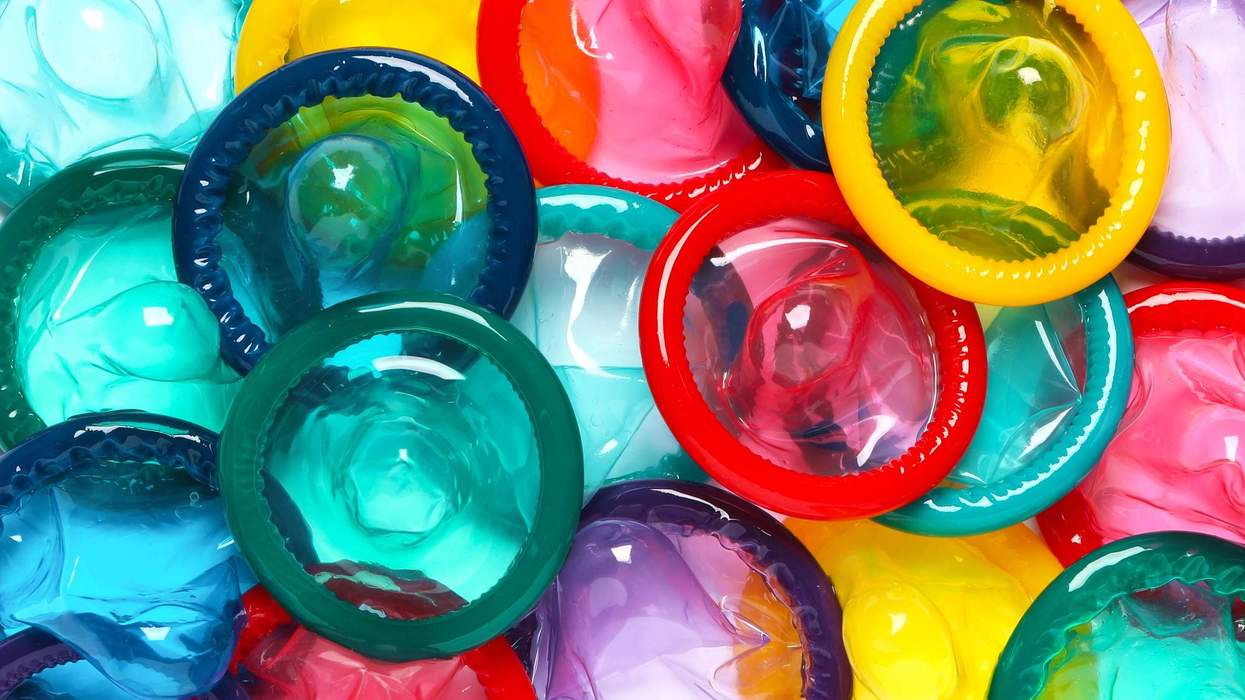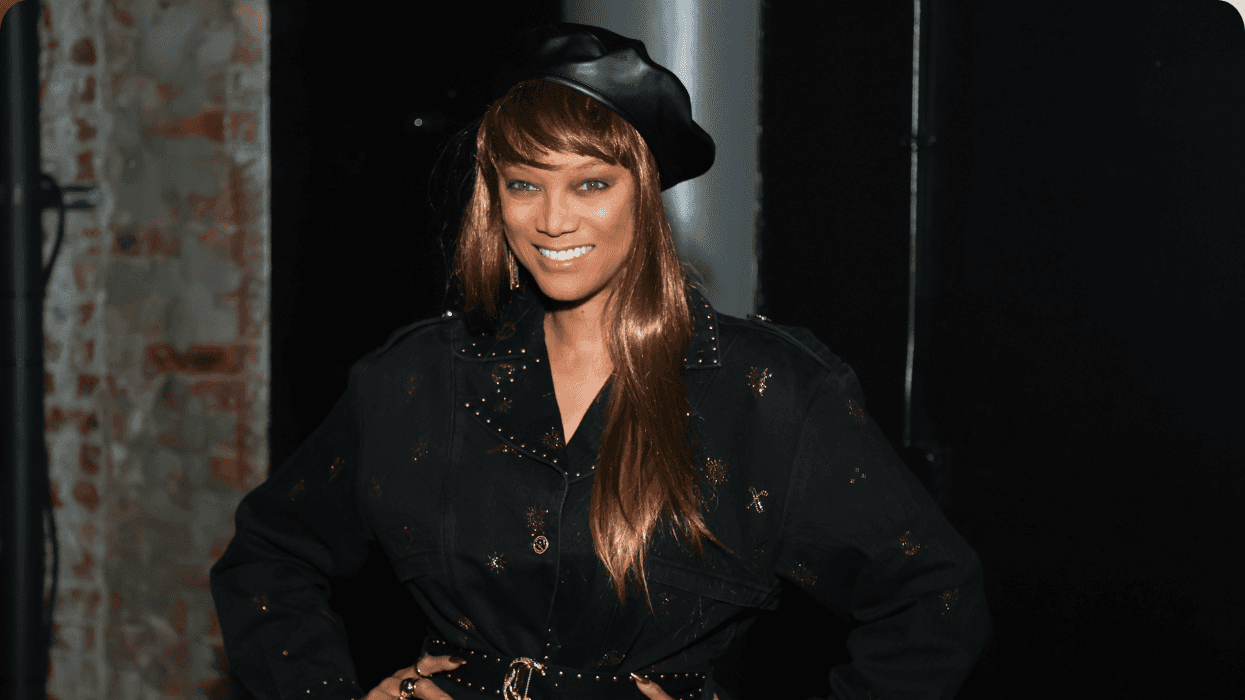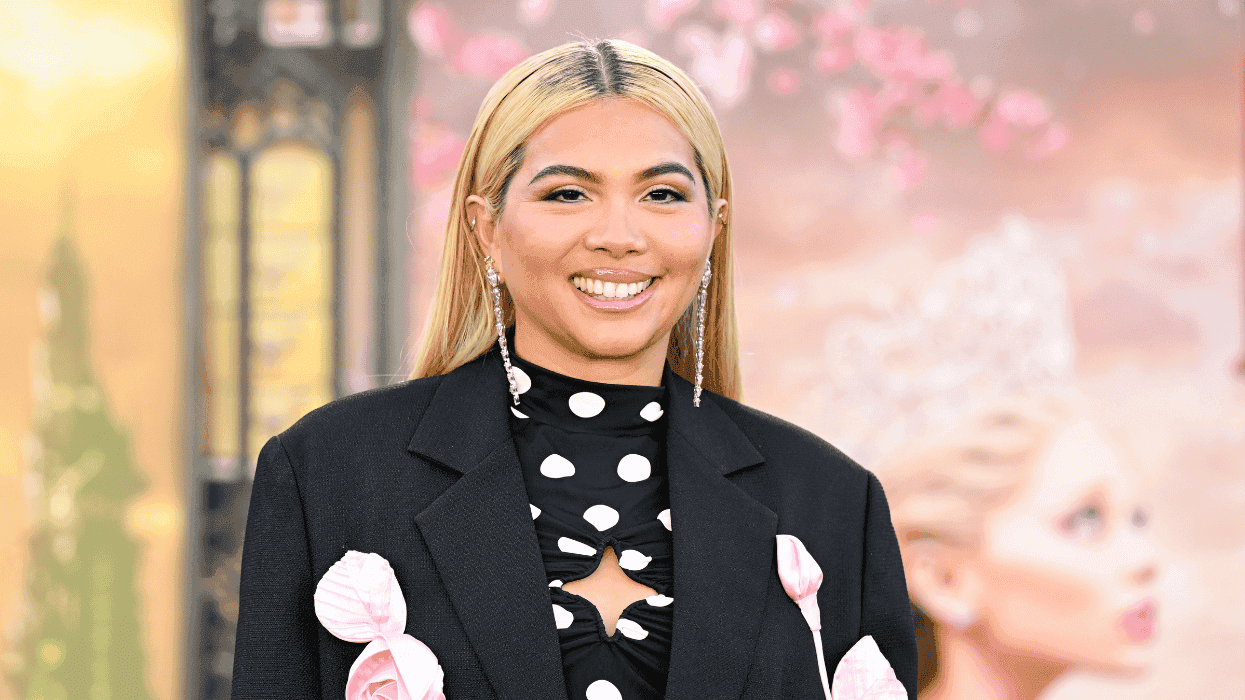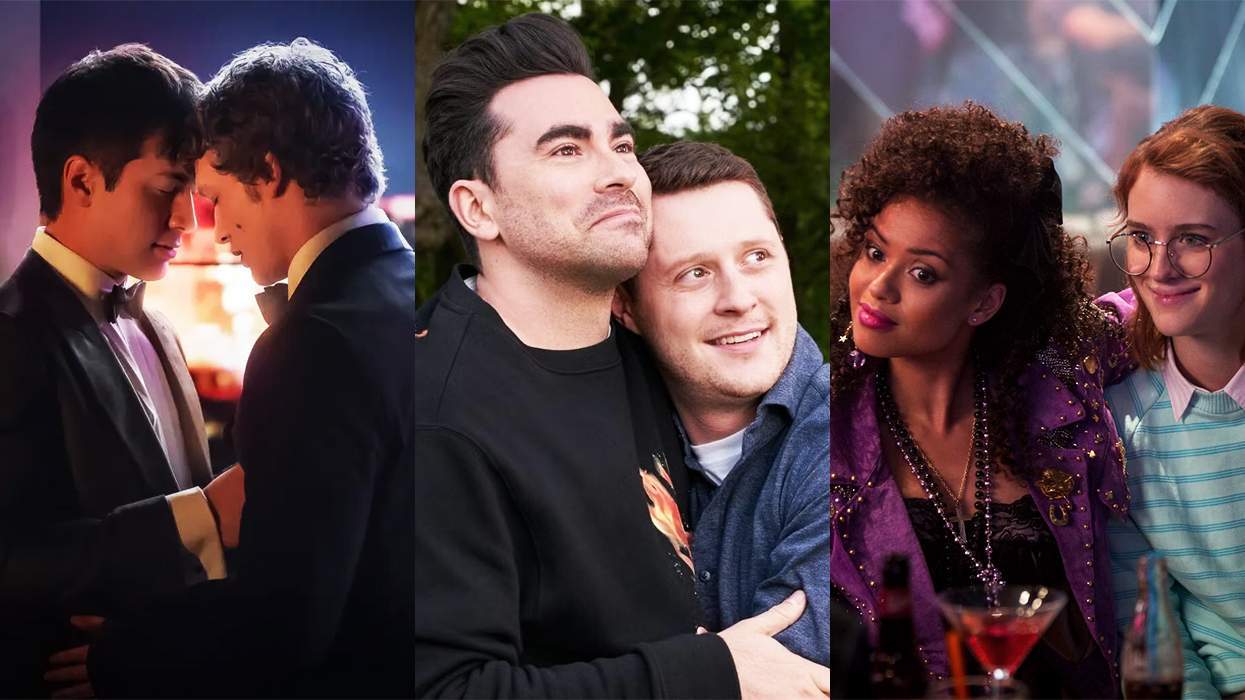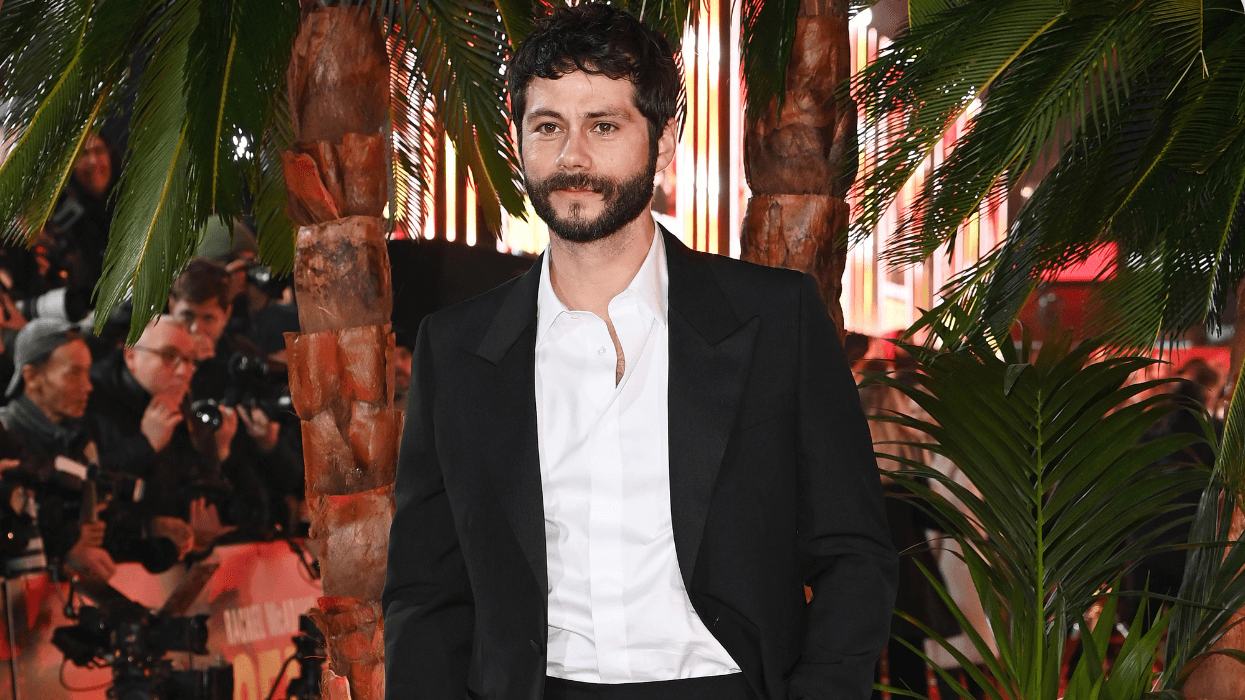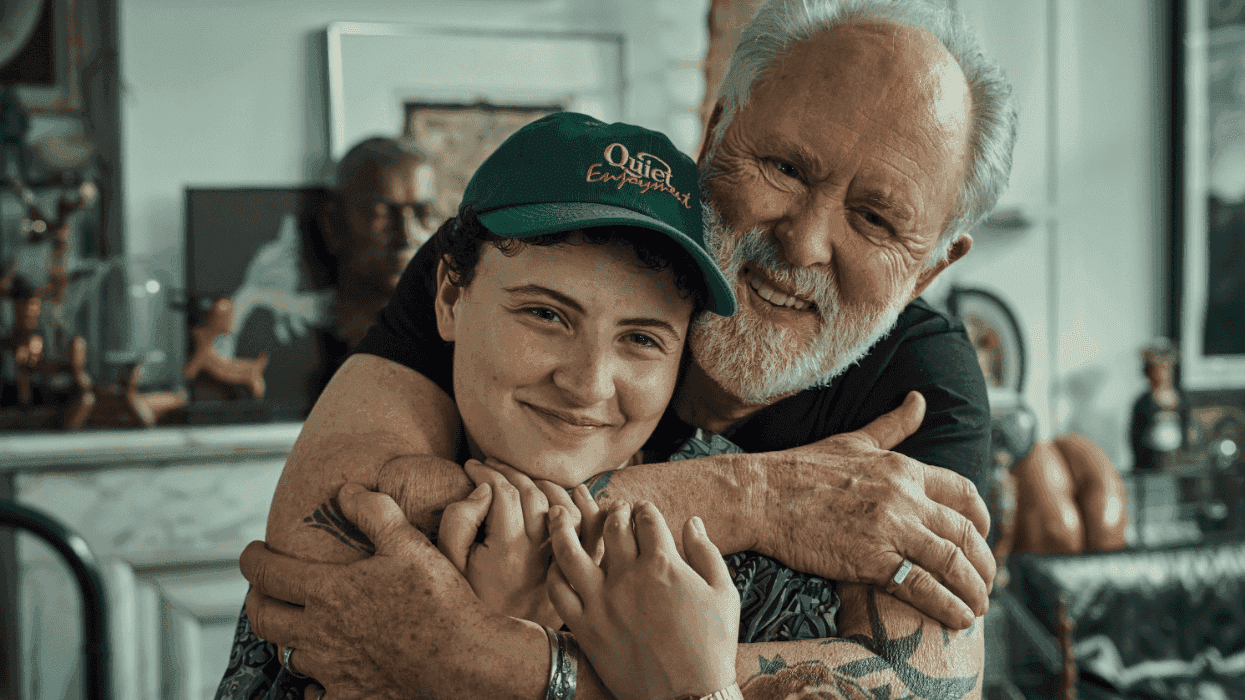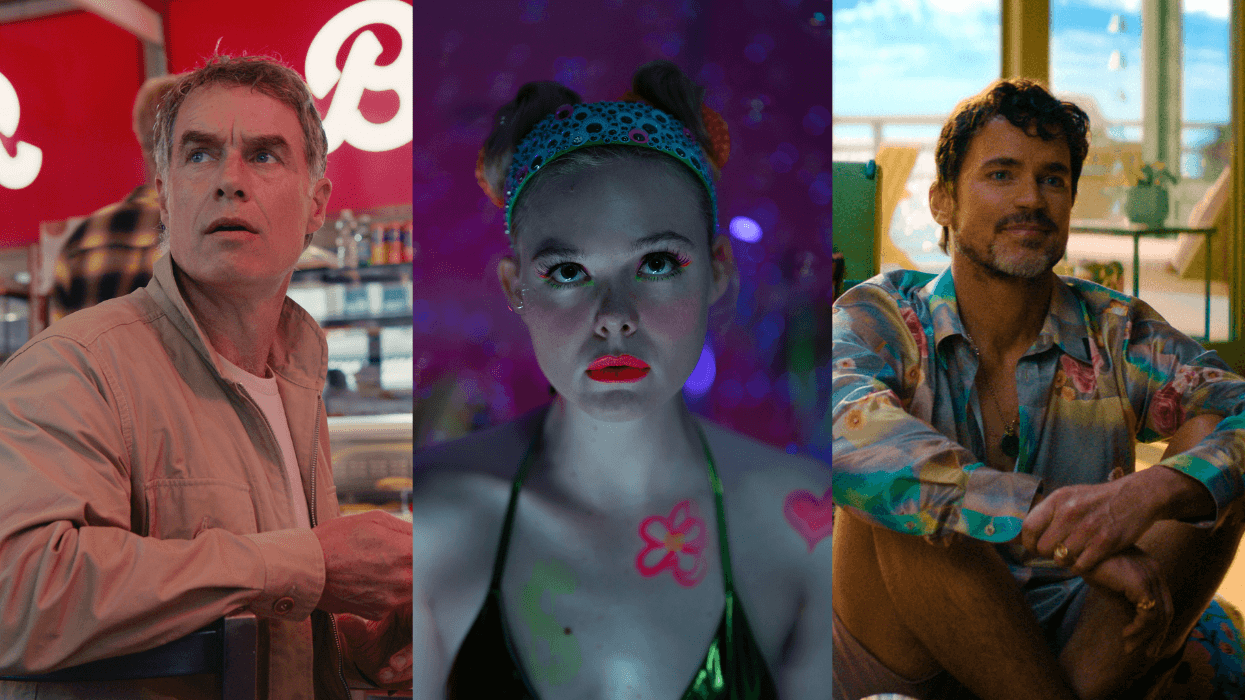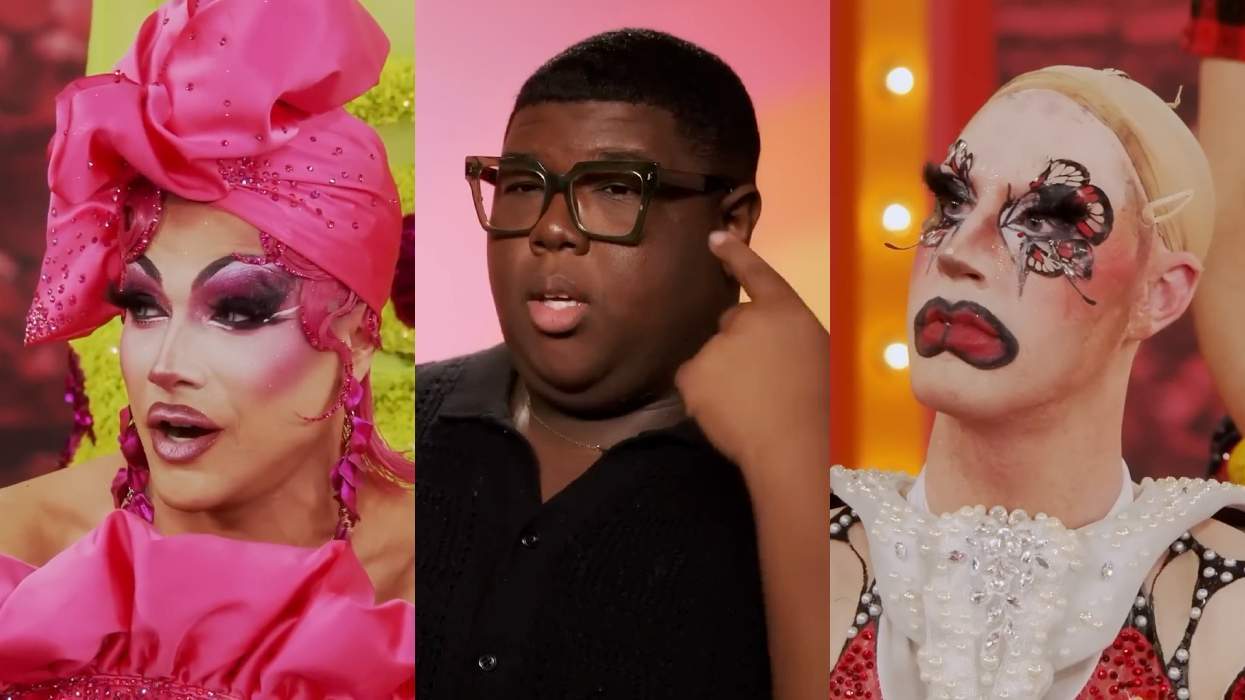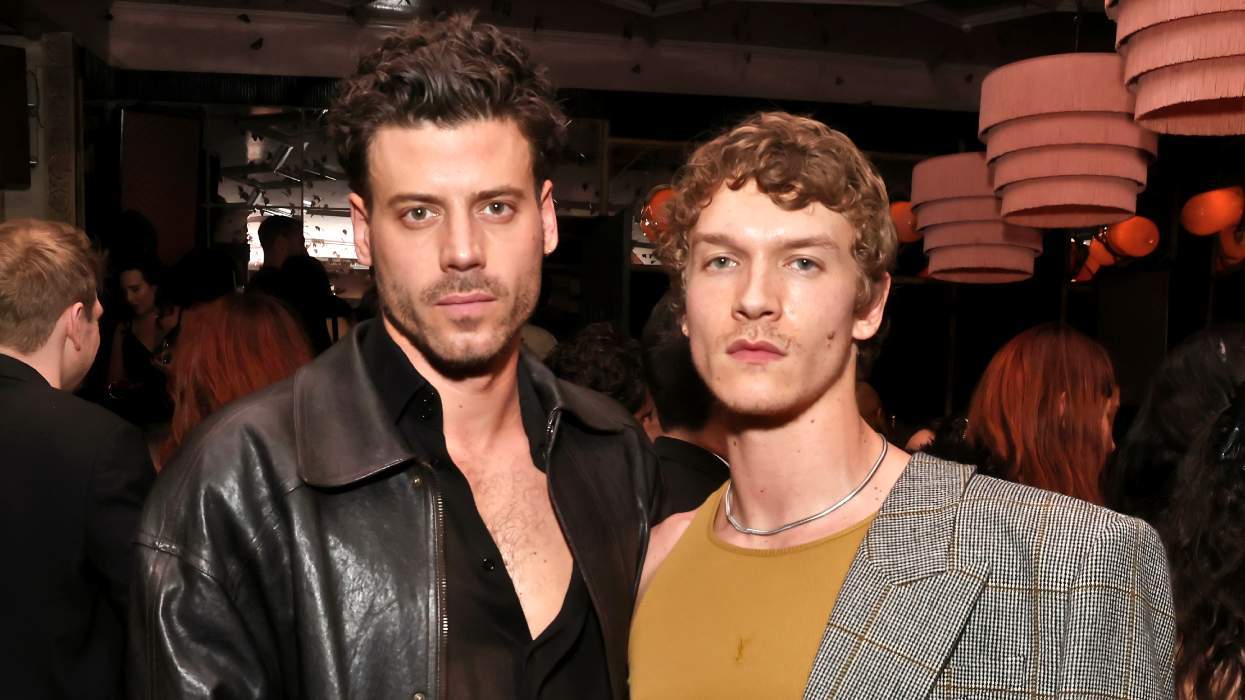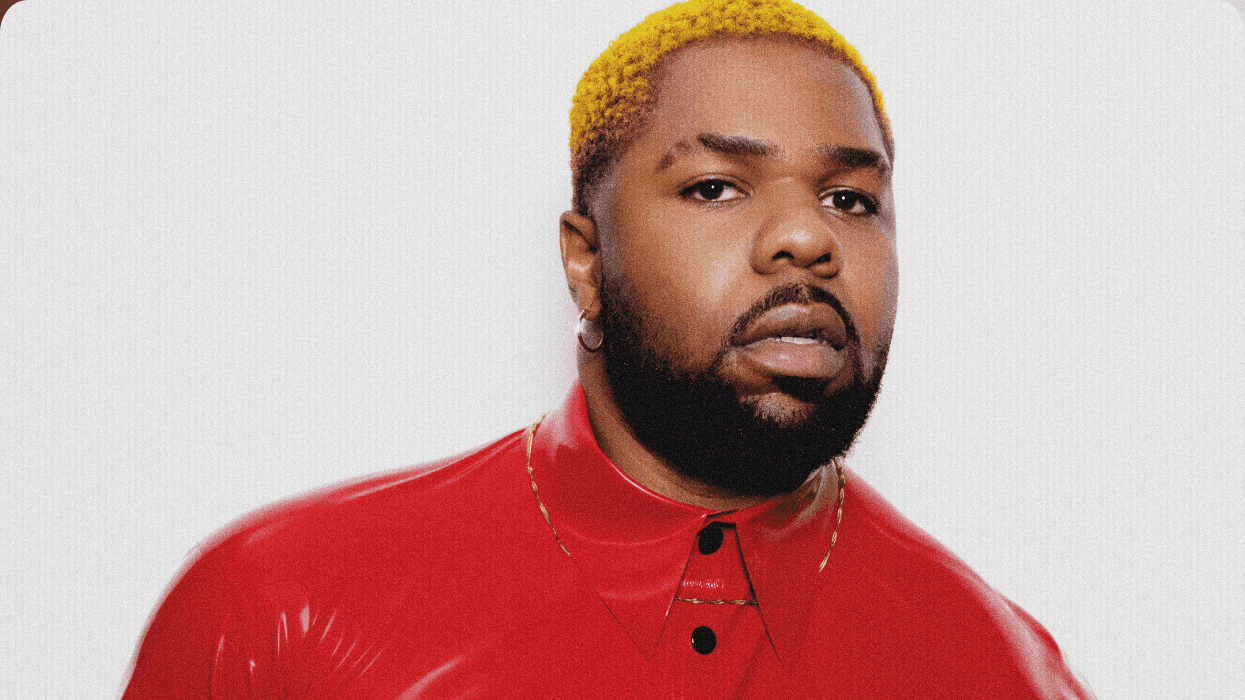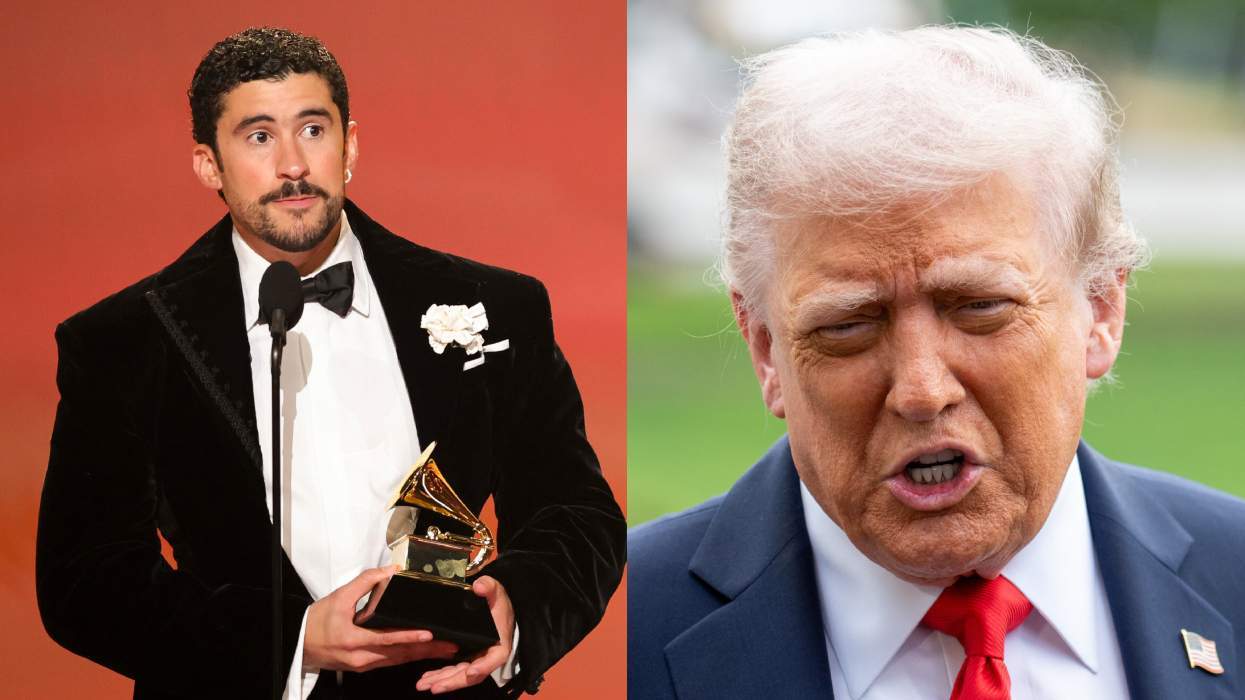When Wanuri Kahiu was told that her film Rafiki had been banned by the Kenya Film Classification Board because it aims to "overtly promote lesbianism," she experienced a sort of whiplash. Days earlier, the drama had been selected to screen at the prestigious Cannes Film Festival. The Nairobi-born director was perplexed -- the film was good enough to be seen by an international audience but would potentially never make it to the audience she specifically created it for: LGBTQ+ Kenyans. So she decided to sue the government for breaching her freedom of expression.
"I think that has been the hardest thing to watch -- the silencing of people," she says. "I feel like that has been the biggest blow to the LGBT community, [because] it's saying not only do we outlaw your love, but also your voice. You cannot be seen and you cannot be represented."
Kahiu triumphed in her suit, with a judge temporarily lifting the ban for a week -- long enough for the film to qualify for the Oscars. Though it didn't nab the honor of being its country's submission to the Academy Awards, the film has catalyzed necessary conversations in Kenya about freedom of expression and LGBTQ+ identity. "[It] has the potential to change our laws," Kahiu continues. "It has the potential to be bigger than art. It has the potential to be a work of advocacy and a work for human rights."
Rafiki, which is Swahili for "friend," is adapted from Ugandan writer Monica Arac de Nyeko's 2007 Caine Prize-winning short story "Jambula Tree." It's a star-crossed love story about two young women, Kena (Samantha Mugatsia) and Zika (Sheila Munyiva). Initially rivals (their fathers are opponents in a local election), the pair connect over their mutual desire for something more than the cultural expectation that "good Kenyan girls become good Kenyan wives."
Since the hour-and-23-minute picture screened at Cannes last year -- the first Kenyan film to do so in the festival's 71-year history -- it's traveled the globe, picking up honors in Chicago, New York, Tunis, Madrid, and Germany. Though Kahiu is not queer, she says "the really sweet, innocent love that these two girls had for each other" is what attracted her to the source material. "I think it honors love in such a beautiful way, and I think that's our role: to be loved, create love, and to seek love in every endeavor."
But Kahiu, her cast, and her crew took immense risks to make Rafiki. Because same-sex relations are criminalized by the penal code in Kenya, LGBTQ+ people and their allies are often targets of verbal and physical injury, sexual violence, and social marginalization. With this in consideration, Kahiu asked everyone involved to seek the counsel of their families in case anti-LGBTQ+ sentiment was the prevailing response to the film.
Mugatsia admits she was nervous to take on the role, her first ever. But a "support system built around love, trust, and vulnerability -- which we created from the early stages of the film -- is what allowed the art to remain in positive existence," she says. Though Mugatsia is straight, she notes that life for LGBTQ+ people in Kenya is "beautiful, as beauty comes with sorrow and joy."
Kahiu adds, "The LGBTQ+ community in Kenya is hidden mostly...but there are spaces where people thrive and find happiness and people who accept them for who they are." Many of those spaces, as the film suggests, are underground and private. Though some public havens have been created by queer activists, they can be dangerous for those who frequent them.
Kahiu, who's still challenging the government's ruling and broader freedom of expression restrictions in court, hopes the film can bring about change for Kenya. "The exact group of people who I was making the film for really identified with the message and with seeing themselves joyful and in love and at home," she says. "Because it means that there are spaces where you can be accepted even if the law goes against it." In this way, Rafiki is different than other depictions of LGBTQ+ people that have popped up in Kenyan films, because it paints a hopeful and positive experience of being a queer African as opposed to most, which sensationalize and objectify their lives.
American audiences will get the chance to see Rafiki when it opens domestically on April 19. In discussing the debut, Kahiu hopes "[Americans] see our ability to love and how it is such a basic human right. And also realize that the ability to talk about love is something that we have to continue to fight for. It is not a given."
To read more, grab your own copy of Out's March issue featuring "The Mothers and Daughters of the Movement" as the cover on Kindle, Nook and Zinio today, and on newsstands February 26. Preview more of the issue here. Get a year's subscription here.




